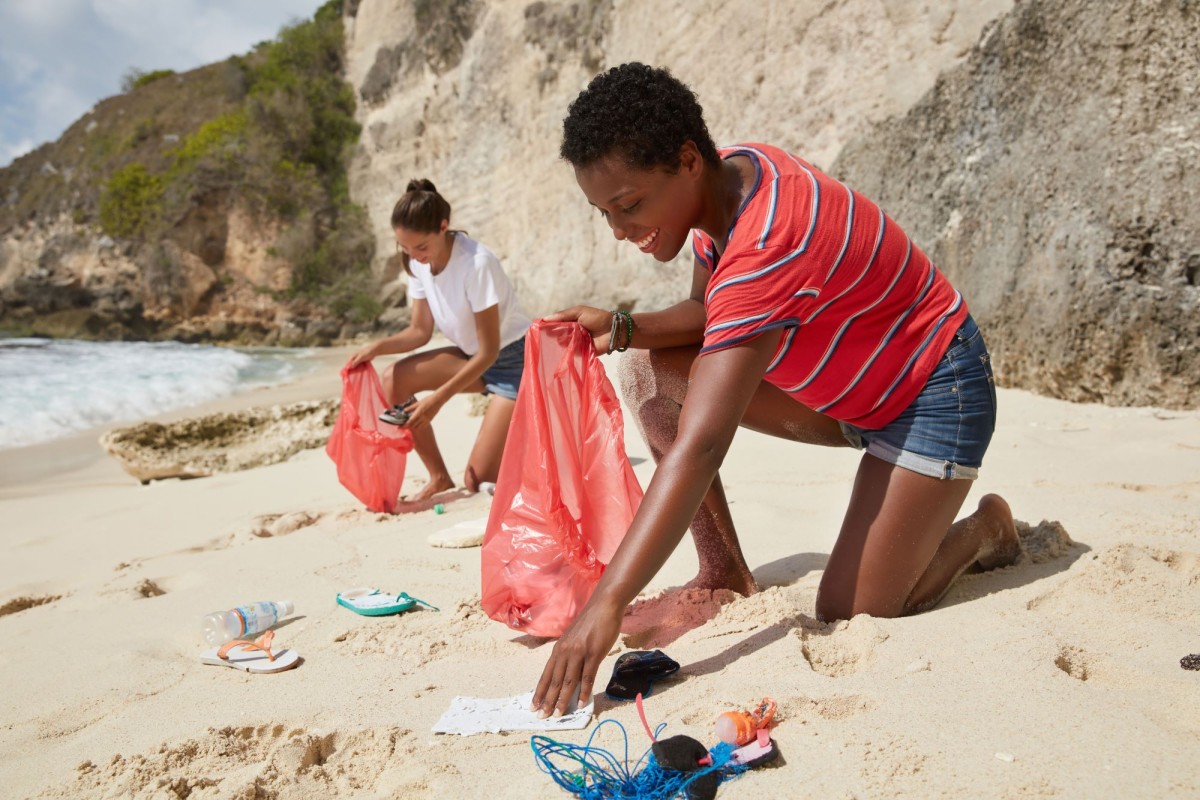
The positive changes in nature that have been paused during COVID-19 have allowed natural attractions to recover, especially marine destinations.
When natural tourist attractions return to welcome tourists again, we would like to recommend how to go to the beach to destroy the environment as little as possible.
1. Reduce the use of plastic products that cause marine waste, such as straws and Styrofoam. Even if we leave it on land, it may be blown into the sea as well. Most of the waste that ends up in the ocean is non-biodegradable plastic.
2. Don’t throwing a single piece of rubbish into the sea. A single piece of marine debris has the potential to have a negative impact on ecosystems and marine species, as well as to pose a risk. For instance, a marine turtle can mistake a straw or plastic bag for a food item like a jellyfish.
3. Use a coral-friendly sunscreen. Research indicates that some of the chemicals in sunscreen can harm coral and other organisms. Therefore, before playing in the water or diving, you should choose sunscreen products that are safe for the environment.
4. Do not step on, sit, or stand on the coral. Going too close to dropping weight in contact with corals can break corals or damage corals. It also disturbs the aquatic animals that live in the coral.
5. Fin is not used in shallow coral reefs. Fin or simply called Tin Kob that divers use to help support when diving to explore the deep sea. Using fins in shallow water may strike or kick surrounding corals, causing them to shatter, which is what many people frequently misinterpret and frequently bring to snorkeling or skin diving. Corals and marine life may also start to influence that area’s floor as a result.
6. Do not feed or catch marine life by yourself. How do we know if the food we give will be eaten by marine animals? The food we give may be polluting the sea. Catching marine life is something that should not be done at all, it may be an illegal act.
7. Do not eat rare marine animals such as shark fins, shark meat, stingray fins, parrot fish, as the name suggests, they are rare and at risk of extinction, and they are protected by laws.
8. Do not collect corals or marine life as souvenirs. Not only seashells, corals, turtles, but also aquatic animals that have been acquired by destroying coral reefs or putting in trawling nets.
9. If you see garbage, help each other to pick up different trees, different hands. The most help in conserving marine nature is consciousness, not throwing away, and if found, help keep.
10. Follow the warnings and regulations of that area strictly.
Some areas will have rules and prohibitions. Visitors should strictly follow those guidelines. All of the above is not difficult to do at all, just by helping each other a little bit will make the beauty and integrity of nature stay with us forever.
Source: Department of Marine and Coastal Resources
Tel:(+66) 2141 1368
(+66) 2141 4691